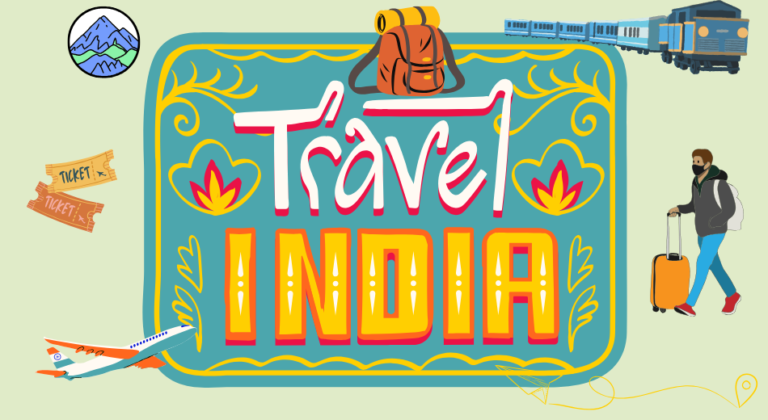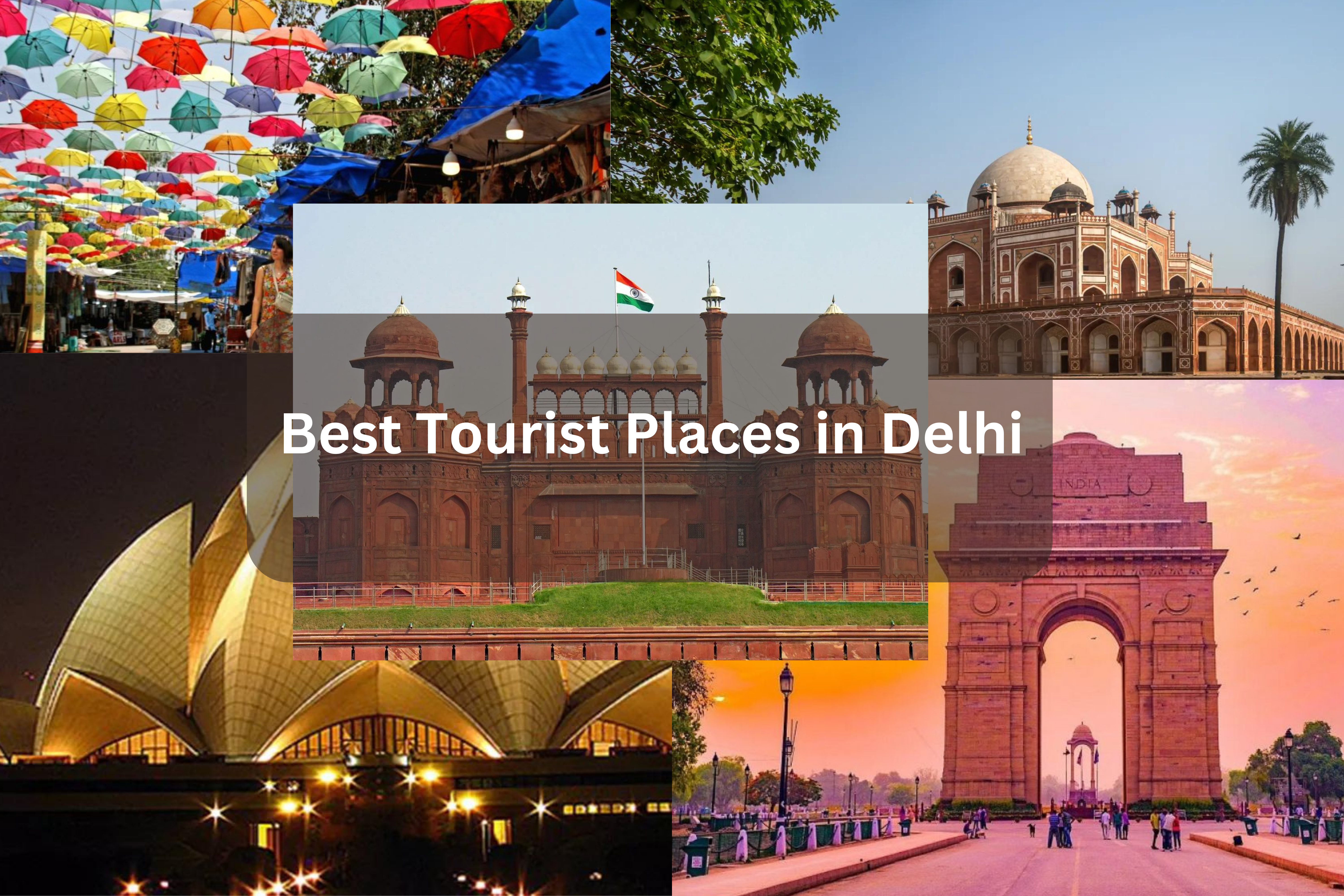
Budget-Friendly Travel Tips: How to Travel Smart and Save Big
Traveling doesn’t have to come with a hefty price tag. With a bit of planning and a willingness to be flexible, you can explore the world without draining your bank account. The key is to be smart about your choices and to look for opportunities to save in areas where most travelers typically overspend. From transportation to dining and accommodations, here’s an in-depth guide to help you make the most of your travels without breaking the bank.
1. Plan Your Trip During Off-Peak Seasons
Traveling during the off-peak or shoulder seasons can make a huge difference in your budget. These times are typically right before or after the high tourist seasons when both prices and crowds are lower. For instance, traveling to European destinations like Paris, Rome, or Barcelona during the spring or fall (rather than the busy summer months) often results in cheaper flights and accommodation, as well as a more pleasant experience with fewer tourists.
- Flights: Flights are typically cheaper during the off-peak seasons. Airlines reduce their prices to attract more travelers when demand is lower. Tools like Skyscanner and Google Flights allow you to view the best times to book flights by showing price trends over several months.
- Accommodation: Hotel prices can drop dramatically outside peak tourist times. For example, coastal regions in Southeast Asia or Mediterranean destinations see a big dip in rates during monsoon or winter months. Use Booking.com, Airbnb, or Hostelworld to find affordable lodging during these times.
- Weather Considerations: While the weather can be less predictable, destinations like the Canary Islands (mild winters) or parts of Southeast Asia (wet season) often offer a different, quieter charm during the off-season.
2. Leverage Price Comparison Websites and Apps
Price comparison tools are a traveler’s best friend. These platforms help you find the lowest prices for flights, hotels, and rental cars without having to visit multiple websites. Using the right apps can also save you time and money in the long run.
- Flights: Websites like Skyscanner, Kayak, and Google Flights allow you to compare prices across multiple airlines and booking platforms. Skyscanner also shows a “whole month” view, so you can easily spot cheaper days to travel.
- Accommodation: For lodging, platforms like Airbnb, Booking.com, and Agoda often provide a wide range of options, from budget hostels to homestays and guesthouses. Check out Hostelworld for hostels, or even use Couchsurfing if you’re open to staying with locals for free (more on this below).
- Car Rentals: Rentalcars.com and Auto Europe allow you to compare car rental prices across multiple providers, ensuring you’re not overpaying. Be aware that booking in advance often leads to better deals, especially in high-demand destinations.
3. Consider Alternative Accommodation Options
Accommodation is one of the most significant expenses when traveling, but it doesn’t have to be. Opting for alternative lodging can provide substantial savings without sacrificing comfort or location.
- Hostels: Hostels are a great option for budget travelers, especially if you’re traveling solo or with friends. They provide shared dorm rooms with a lively atmosphere, often equipped with kitchens to save on food. While hostels in major cities (like New York or London) might not be as cheap, in many countries (Eastern Europe, Southeast Asia, and Central America), they offer extremely affordable options.
- Guesthouses & B&Bs: Smaller guesthouses or bed-and-breakfasts are often cheaper than hotels and provide a more personal experience. These are commonly found in rural areas or smaller towns but are also available in cities.
- Vacation Rentals: Platforms like Airbnb or Vrbo allow you to rent rooms, apartments, or entire houses. Often, renting an entire apartment or house with a group can be far more economical than booking multiple hotel rooms. Moreover, having access to a kitchen lets you prepare your own meals, which can save a lot of money.
- Couchsurfing: If you’re really trying to minimize costs, consider Couchsurfing, where you can stay with locals for free. In exchange, hosts may appreciate a small gift, shared experiences, or help with their daily tasks.
Also Read: https://trendingflows.com/travel/india-travel-guide-top-destinations-tips/
4. Pack Light and Avoid Extra Baggage Fees
Airlines often charge steep fees for checked baggage, especially with budget carriers. The more you pack, the more you’ll end up paying. To avoid this, pack only what you need and aim to travel with just carry-on luggage.
- Pack Smart: A rolling carry-on bag can fit a lot more than you’d think if you pack efficiently. Use packing cubes to organize clothes and compression bags to reduce the volume of bulky items like jackets or sweaters.
- Stick to Essentials: Plan your outfits carefully and pick versatile pieces that can be mixed and matched. Don’t forget toiletries—many airports allow you to bring small-sized liquids (under 100ml per item) in your carry-on.
- Avoid Hidden Fees: Some low-cost airlines allow for carry-on but charge for checked bags. Make sure to check your airline’s baggage policy before booking to avoid surprise fees.
5. Use Public Transportation and Walk Whenever Possible
Transportation costs can quickly add up when you rely on taxis, ride-sharing services, or rental cars. Public transportation is often much cheaper and more efficient, particularly in well-connected cities.
- Public Transit: Many cities offer affordable day passes for buses, trams, and subways, making it easy to explore a destination without breaking the bank. For example, Tokyo and London offer multi-day passes that allow unlimited travel within certain zones for a fixed price.
- Bike Rentals: In some cities (like Amsterdam or Paris), bikes are a popular and inexpensive way to get around. Many places have bike-sharing systems where you can rent a bike for just a few dollars a day. Apps like Lime or Mobike can help you locate bikes near you.
- Walking Tours: Explore cities by foot—walking not only saves money but allows you to stumble upon hidden gems you might miss when using a vehicle. Some cities, like Berlin or Barcelona, offer free walking tours led by local guides. Though tips are encouraged, these tours provide great insight into the history and culture of the city at little cost.
6. Enjoy Street Food and Local Dining
One of the joys of traveling is tasting the local cuisine, but restaurant meals can quickly drain your budget. Instead, focus on eating like a local by opting for street food, small eateries, or local markets.
- Street Food: In cities like Bangkok, Mexico City, and Istanbul, street food is often not only cheap but delicious and authentic. You can get a hearty meal for just a few dollars, and the food often gives you a true taste of the local culture.
- Markets: In addition to street food, many places have local markets selling fresh, inexpensive food. Whether it’s Italy’s food markets, Turkey’s bazaars, or Vietnam’s markets, you can often find fresh fruit, sandwiches, and even full meals for a fraction of what you’d pay in a tourist restaurant.
- Avoid Tourist Traps: Restaurants located near major tourist sites tend to be overpriced. Instead, wander a few streets away and ask locals where they eat. They’ll point you to affordable, authentic places.
7. Take Advantage of Free Activities
Many destinations offer free or low-cost activities that are just as memorable as paid experiences. All it takes is a little research and curiosity to find them.
- Museums & Cultural Sites: Some museums and galleries offer free entry on certain days of the month or for specific hours. For example, The Louvre in Paris is free on the first Sunday of every month from October to March. Similarly, The British Museum in London and The National Gallery offer free entry year-round.
- Outdoor Adventures: Many outdoor activities, like hiking, swimming, or visiting parks, are completely free. National parks, beaches, and local landmarks are often free to visit and offer great opportunities to connect with nature.
- Free Walking Tours: In cities like Berlin, Prague, and Madrid, you can find free walking tours led by locals, who rely on tips to make a living. These tours are a great way to learn about a city’s history without paying an upfront fee.
8. Travel with a Group and Split Costs
Traveling with a group can reduce costs significantly. By sharing expenses, you can afford nicer accommodations, hire guides for activities, or rent cars for longer trips.
- Shared Accommodation: Renting an apartment or house with a group is often cheaper than booking multiple hotel rooms. Websites like Airbnb and Vrbo allow you to find spacious homes that can accommodate several people.
- Car Rentals & Group Tours: Renting a car with others can save you money on transport. Some destinations (like New Zealand or Iceland) are much easier to explore by car, and splitting the rental and gas costs among a few people can make this option very affordable.
- Group Discounts: Some tour companies offer discounts for groups, which can make a guided tour much more affordable when shared among several people. Check if your hotel or hostel offers group discounts on local tours or experiences.
9. Sign Up for Loyalty Programs and Travel Rewards
Travel rewards programs are designed to reward frequent travelers with discounts, points, and perks. By signing up for airline or hotel loyalty programs, you can start accumulating points for future trips, saving you money on flights, accommodation, and even rental cars.
- Credit Card Points: Many travel credit cards offer generous rewards for every dollar spent. These points can be redeemed for flights, hotel stays, and other travel expenses. Look for cards with no annual fee and low-interest rates to maximize savings.
- Frequent Flyer Programs: If you fly frequently, join the frequent flyer programs of airlines like Delta, American Airlines, or United. Points can add up quickly, and even a few flights can help you earn free miles toward future trips.
10. Be Flexible and Book in Advance
Flexibility can help you save money in unexpected ways. While last-minute deals can sometimes be tempting, booking in advance often results in better prices for both flights and accommodation.
- Booking Flights: Airfare tends to be cheaper the earlier you book, especially for international flights. Plan and book your flight 6 to 8 weeks in advance for the best chance of finding affordable fares.
- Flexible Dates: Being flexible with your travel dates allows you to take advantage of lower fares. Mid-week flights (Tuesday, Wednesday, Thursday) are often cheaper than weekend flights, and early morning or late-night flights tend to be more affordable.
Traveling on a budget doesn’t mean skimping on experiences—it’s all about being strategic with your choices. By following these tips, from booking during off-peak times to using public transportation and eating like a local, you can explore the world affordably without sacrificing comfort or adventure. With a bit of planning, creativity, and flexibility, you’ll soon find that travel is within your reach—even on a tight budget.






